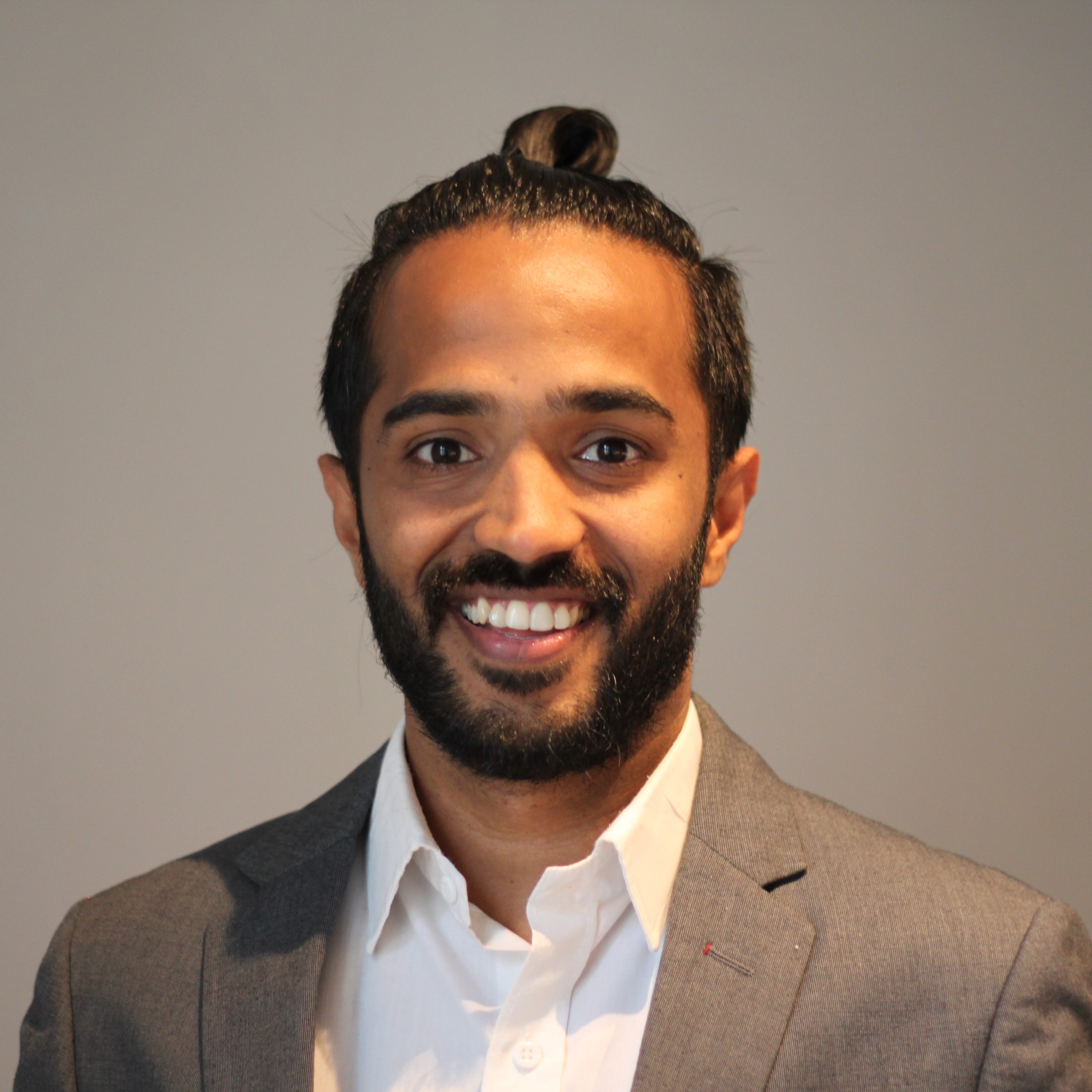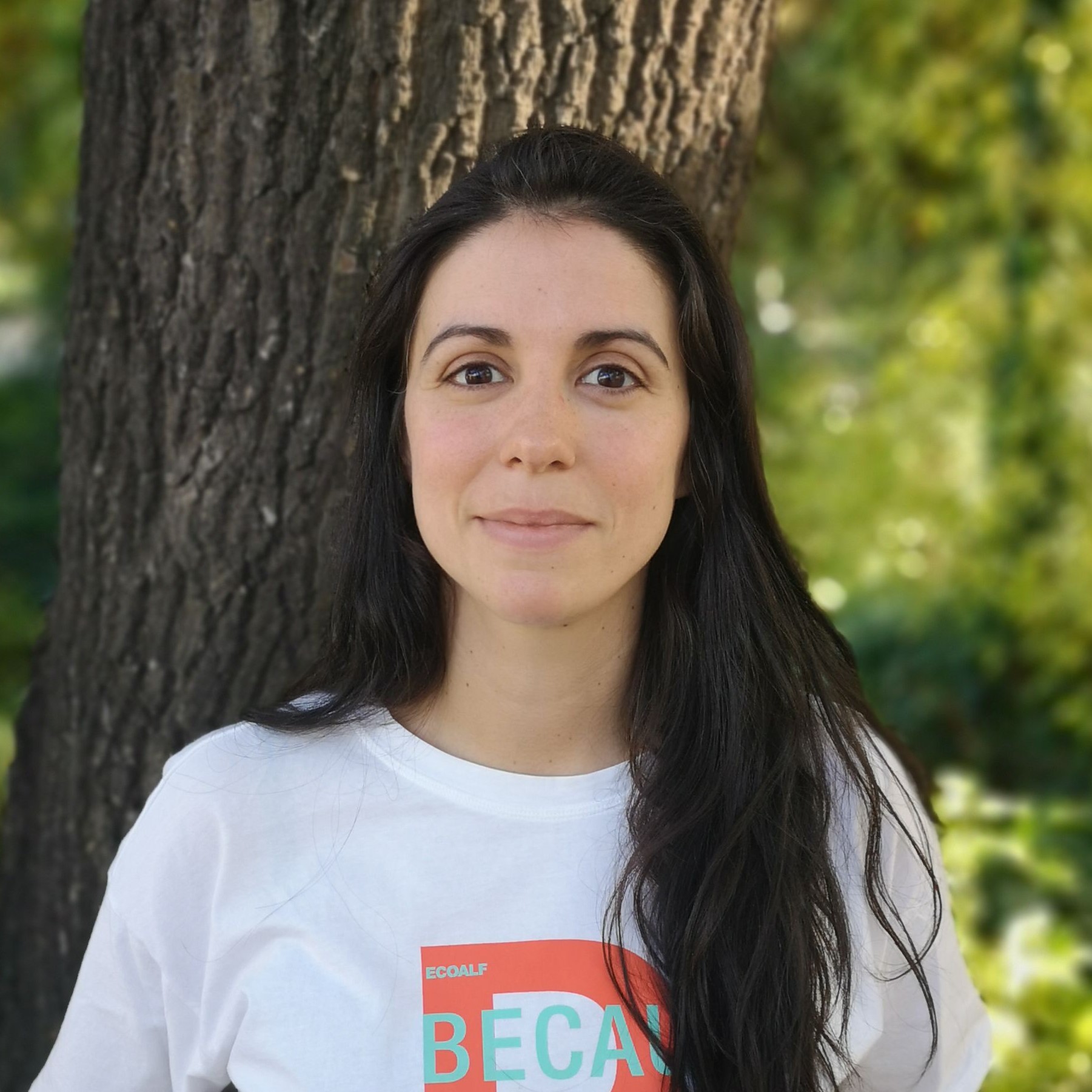What’s it Like to Start Your Own Purpose-Led Organisation? Interview with Co-Founders Andrea and Anand
Here's the rundown of a typical work day for these two purpose-led founders
Founding your own organisation is something that many of us dream of, but what’s it like to actually take the leap?
We all have a business idea buried in the back of our minds that we'd like to try out, whether it's a sustainably-sourced coffee shop by the sea, or a corporate social responsibility consultancy. But say you really did found your own social or environmental impact organisation or business: What would your day-to-day really look like? How would you manage the challenges and hurdles along the way? And most importantly, would you insist on wearing a suit to your home office (jokes!)?
We recently spoke with Anand Ramachandran Nair and Andrea Ruzo, the co-founders of Fields Data, who are building a community of 100,000 social organisations to bridge data gaps between national and international action. We asked them how they manage their co-founder life, taking on different levels of responsibility between them, and dive more into the reality of starting your own impact project.

 Andrea Ruzo has over a decade of experience working with governments, private sector, investment funds and foundations in (quite impressively!) four different continents. She has worked in diverse organisations, from MedWaves, to the Embassies of Uruguay and Spain in India, to now also working as the General Director of the ECOALF Foundation, pioneers of sustainable fashion, in addition to her co-founder role.
Andrea Ruzo has over a decade of experience working with governments, private sector, investment funds and foundations in (quite impressively!) four different continents. She has worked in diverse organisations, from MedWaves, to the Embassies of Uruguay and Spain in India, to now also working as the General Director of the ECOALF Foundation, pioneers of sustainable fashion, in addition to her co-founder role.
Thank you for joining us! Could you tell us a little bit about what it’s like to be co-founders? What do you each do day-to-day?
Anand: It is great to be co-founders. You are not fighting the battles alone and you have the freedom to be vulnerable. I usually end up having many calls with folks who are awesome: teammates, field partners, users, clients, banks, accountants, funders, potential partners, students etc. However, I try to touch the tech, engagement and fund-raising sides at least once a day.
Overall, you get to do fun things that you like BUT you also HAVE TO do the things you absolutely dislike.
Andrea: In my case, as I also work in another organisation, unfortunately I can't dedicate as much time as I would like to the project! I try to support the amazing team FD has when specific tasks arise, like supporting in designing specific projects, or giving a second opinion on a proposal or strategic decisions.
How did you come up with the idea, and when did you know it was the right one?
Anand: We were frustrated to see a lot of duplication of efforts in the aid sector, so we tried to find simple ways to avoid them.
We ran a pilot to test our concept, got good results and then incrementally started increasing the scope of our work.
Andrea: After 10 years working in international development, I was frustrated with the disconnection between the multilateral and local organisations. It was very hard to realize that the tremendous effort and work that is done in the field is often not recognized, as the local organisations do not get the visibility they deserve. On top of that, impact is often measured by international funds and donors taking into account the expenditure of the funds and not the long term impact made. This system leads to an inefficiency of foreign aid, often seeing the fact allocating new resources as the goal, instead of analysing and mobilizing existing knowledge in the field.
Once you had started, what roadblocks did you come up against? How did you get over these first challenges/hurdles?
Anand: After a couple of pilots, we thought everyone would run to invest in our work. Though we received kudos and awards, we failed to understand that our potential partners/clients/investors have their own priorities. Since then we started focusing only on projects, in which our goals align with the priorities of our partners.
Andrea: The system is so established and has such a level of bureaucracy that making changes is often hard. Even if it's pretty evident that efficiency and transparency will benefit donors and local organisations, changing the current state of things means redesigning all the processes.
What experience from your previous roles do you use in your co-founder roles today?
Anand: I use a combination of lean and human-centered approaches. This has helped us in keeping both internal and external (for clients) costs extremely low, whilst focusing on the users.
Andrea: All the experiences I have had until date have helped me in the role I have now. In my case, I have worked with multilateral organisations, donors and organisations in the field, and all of these experiences gave me a holistic point of view and a range of skills that I use every day. There is no bad experience, everything you do is a learning that will help you, at some point, connecting the dots.
What advice would you give to someone who has an idea for a social or environmental-focused organisation, but is not sure how to move forward with it?
Anand: Simplify your idea-> create a concept or an MVP -> Test it! Don’t invest a lot of time or money. Get feedback from your potential customers first and then develop your idea further.
Andrea: Talk to others in the same field and share your vision and ideas. Ask, learn and talk to others working in that sector and not only you will have feedback on your project, but you will find support in those fighting for the same cause. One of the reasons why I joined Fields Data was because of the amazing group that was behind it, and how much I learn from them. I would have never thought of starting an organization on my own, but with them I felt that we could do it.
Find this interview inspiring? Check out our other Escape Stories on the blog to hear more real-life examples of purposeful career shifts!